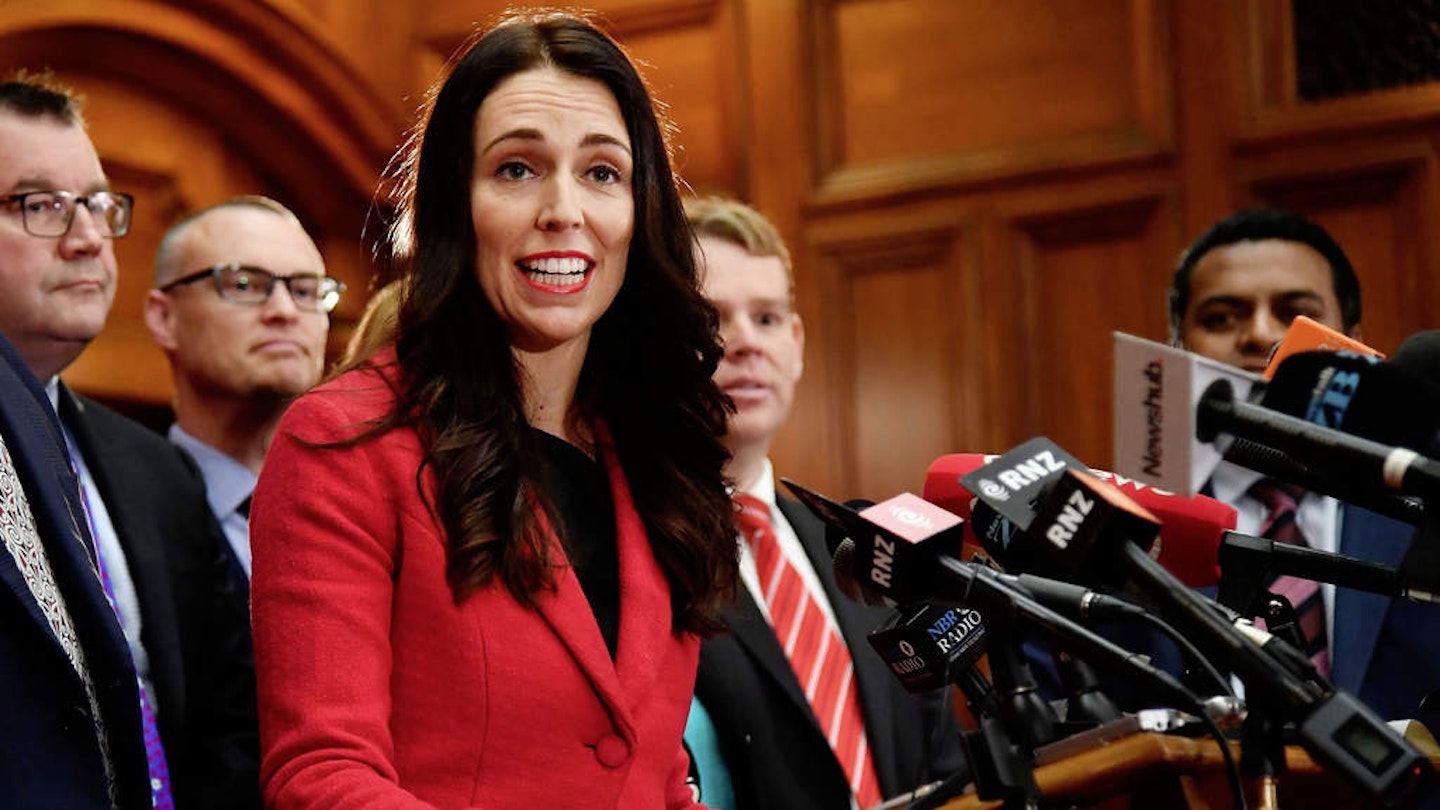Soon after New Zealand politician Jacinda Ardern, 37, was appointed leader of the opposition last week, she was quizzed about her parenting plans. When will this unacceptable line of questioning end, asks Polly Dunbar
Last week, Jacinda Ardern was unanimously elected the youngest ever leader of New Zealand’s opposition Labour Party. Her success should have been celebrated as a feminist triumph in a country where, like Britain, women comprise only around a third of Parliament. Instead, just seven hours into her new role, an interviewer decided to
remind Ms Ardern of her true purpose in life by asking her about her plans to have children.
The Project host Jesse Mulligan asked whether she felt she had to make a choice between becoming a mother or having a career. She responded as calmly as only a seasoned politician could, pointing out that she was no different to any other woman juggling multiple responsibilities.
The following morning, The AM Show’s cohost Mark Richardson flipped the sexism dial even further towards dinosaur and declared that the country had ‘a right’ to know whether she might take maternity leave. Clearly angry, she responded: ‘It is totally unacceptable in 2017 to say that women should have to answer that question in the workplace.’
WATCH NOW: 11 inspiring career quotes
This is especially true when you consider that the country’s prime minister, Bill English, has six children and nobody cares.
So why are so many of us still expected to make our parenting plans public? Like several of my friends, I’ve been asked by an employer if I’m hoping to have children. Luckily, I was leaving the job – so, horrified, I spluttered, ‘I’m not answering that.’ In many male-dominated industries, assumptions about women’s future baby-making hopes – usually paired with derogatory comments about their performance – are still tossed around as freely as promotions for the boys.
That it’s been illegal for employers to ask these discriminatory questions for more than 20 years doesn’t seem to matter. Women’s biology is still used as a weapon against us. The underlying, insidious message is that we aren’t really serious about our careers; they’re just something we’re playing at until we fulfil our destinies as mothers. Even if we return to work afterwards, we’ll be nothing but an inconvenience for employers to accommodate. And if we don’t want children, well… how could that be the case?
And everyone else is still asking them, too. Every woman I know, be she single, newly married or a divorced mother of two, has had to endure friends or relatives – even female ones – quizzing them about whether and when they’re going to have children, or more
of them. It’s among the most personal questions a woman can be asked, often entwined with highly sensitive issues of fertility, relationships, money and ambitions. Yet it’s asked as breezily as plans for our next holiday.
That so many people don’t realise how inappropriate it is suggests the way women are viewed remains depressingly distant from the way we view men. First and foremost, we’re still regarded as child-bearers, while men’s fatherhood, or lack thereof, is deemed irrelevant (case in point: Jacinda’s rival, Bill English).
The discussion, which overshadowed Ardern’s first days in office, should have been consigned to history long ago. She shouldn’t have had to respond to such blatant sexism. None of us should. But the more we call it out, as she did, the closer we’ll be to the day it becomes truly unacceptable.
READ MORE: Robyn Wilder: 'I've Got Maternity Leave Loneliness'
READ MORE: Returning To Work After Maternity Leave – Know Your Rights
READ MORE: Pregnancy Discrimination – The Lowdown, The Law, The Way Forward
